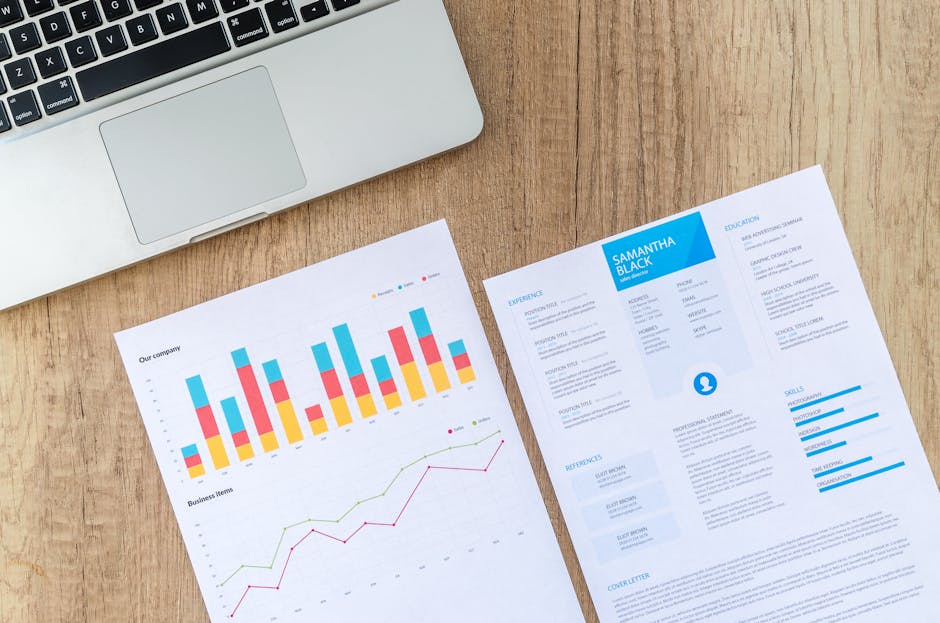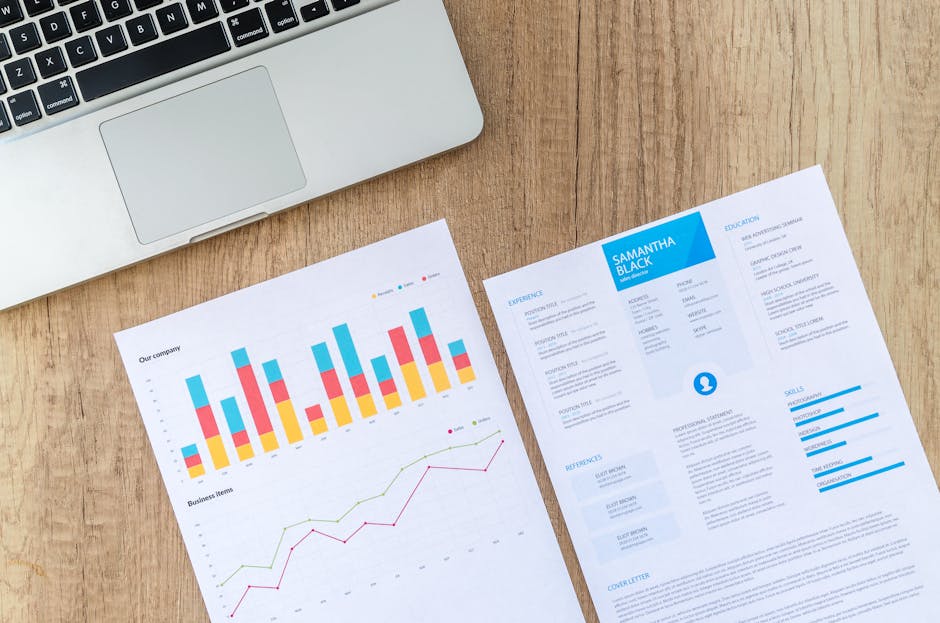Understanding Digital Marketing in Hospitality
Digital marketing in hospitality recruitment is evolving rapidly. However, its core purpose remains constant. It connects great talent with exceptional hotels. Additionally, it builds powerful employer brands online. Furthermore, it leverages digital channels for talent acquisition.
The sector demands unique marketing approaches. Therefore, recruiters must understand hospitality’s nuances. This includes seasonal fluctuations and specific skill sets. Moreover, cultural fit is paramount for guest-facing roles.
Digital Marketing in Hospitality Benefits
Online recruitment strategies offer immense advantages. Firstly, they dramatically widen the talent pool. Consequently, hotels can access global candidates. Additionally, digital campaigns are highly measurable. Thus, return on investment becomes clear.
Employer branding reaches new audiences effectively. Social media showcases company culture authentically. Meanwhile, targeted ads attract passive candidates. These individuals are not actively job searching.
Cost-per-hire often decreases significantly. Traditional methods like print ads are expensive. Alternatively, digital channels offer precise budgeting. For example, pay-per-click models control spending.
How Digital Marketing in Hospitality Works
This process integrates multiple online tactics. Search Engine Optimization (SEO) is fundamental. It ensures job postings rank highly. Consequently, organic traffic increases substantially.
Social media platforms are crucial tools. LinkedIn facilitates professional networking. Meanwhile, Instagram highlights workplace environment. Similarly, Facebook builds community engagement.
Programmatic advertising automates ad buying. It targets specific demographics and behaviors. Therefore, ads reach ideal candidates efficiently. Moreover, retargeting reminds interested applicants.
Best Digital Marketing in Hospitality Practices
Successful strategies begin with mobile optimization. Most job seekers use smartphones. Therefore, career sites must be responsive. Additionally, application processes should be simplified.
Video content is exceptionally powerful. Virtual tours showcase hotel facilities. Meanwhile, employee testimonials build trust. Furthermore, video interviews streamline screening.
Data analytics guide decision-making. Key metrics include time-to-fill and source quality. Consequently, strategies can be refined continuously. For more insights, explore our professional resources.
Digital Marketing in Hospitality Implementation
Implementation requires careful planning and resources. First, define clear objectives and KPIs. Next, audit existing digital presence. Additionally, identify target candidate personas.
Content marketing attracts and engages talent. Blog posts about company culture are effective. Similarly, newsletters keep candidates informed. Moreover, webinars position brands as thought leaders.
Email marketing nurtures candidate relationships. Automated sequences guide applicants through stages. Furthermore, personalized communication enhances experience. Always comply with International Labour Organization guidelines.
Advanced Digital Marketing in Hospitality Strategies
Artificial Intelligence (AI) transforms recruitment marketing. Chatbots answer candidate queries instantly. Meanwhile, AI screens resumes for key skills. Consequently, recruiters save valuable time.
Programmatic job advertising maximizes budget efficiency. Algorithms place ads on relevant websites. Moreover, they adjust bids in real-time. Therefore, performance is optimized continuously.
Employer review platforms require management. Sites like Glassdoor influence perceptions. Responding to reviews shows responsiveness. Additionally, positive reviews can be promoted. Understanding U.S. Department of Commerce trade information aids global strategies.
Digital Marketing in Hospitality Success Tips
Consistency across all channels is vital. Brand messaging should be uniform. Additionally, visual identity must be cohesive. Consequently, brand recognition increases significantly.
Employee advocacy amplifies reach. Staff share openings on personal networks. Moreover, their authentic voices build credibility. Therefore, incentivize participation generously.
Candidate experience dictates success. Streamlined applications prevent drop-offs. Meanwhile, communication must be timely. Furthermore, feedback loops improve processes. Consider UAE government employment regulations for regional operations.
Future of Digital Marketing in Hospitality
The future points towards hyper-personalization. AI will deliver customized content. Additionally, virtual reality may simulate job previews. Consequently, candidate engagement will deepen.
Data privacy regulations will tighten. Transparency in data usage becomes mandatory. Moreover, ethical marketing practices will differentiate brands. Therefore, prioritize compliance early.
Integration with HR systems will seamless. Data flows between platforms effortlessly. Furthermore, analytics provide holistic insights. Staying updated with World Health Organization workplace standards is crucial post-pandemic.
Frequently Asked Questions
What is the biggest challenge in digital marketing for hospitality recruitment?
The biggest challenge is standing out in a crowded digital space. Additionally, attracting talent with specific hospitality skills is difficult. Therefore, targeted strategies and strong employer branding are essential.
Which social media platform is best for hospitality recruitment?
LinkedIn is premier for professional roles. However, Instagram and Facebook excel for frontline staff. Visual platforms showcase hotel environments effectively. Consequently, a multi-platform approach is often best.
How can we measure ROI of digital recruitment marketing?
Track metrics like cost-per-hire and time-to-fill. Additionally, monitor source of hire and quality of candidate. Furthermore, use analytics tools to attribute conversions. Therefore, clear ROI calculations become possible.
Is video content important for attracting hospitality talent?
Yes, video is extremely powerful. It showcases company culture dynamically. Additionally, it gives candidates realistic job previews. Moreover, video increases engagement rates significantly on social media.
How does AI improve digital recruitment marketing?
AI automates repetitive tasks like resume screening. Additionally, it personalizes candidate communication. Furthermore, it optimizes ad spending through predictive analytics. Consequently, efficiency and effectiveness improve dramatically.
What budget should we allocate to digital recruitment marketing?
Budget depends on organization size and hiring needs. Generally, allocate 15-25% of total recruitment budget. Additionally, start with pilot campaigns to test effectiveness. For tailored advice, expert consultation is recommended.
Conclusion
Digital marketing in hospitality recruitment is indispensable. It connects talent with opportunity efficiently. Additionally, it builds resilient employer brands. Furthermore, it adapts to technological advancements continuously.
The landscape will keep evolving. Therefore, agility and innovation are critical. Embrace new tools and platforms proactively. Moreover, prioritize candidate experience above all.
Success requires strategic investment and expertise. Start by auditing your current digital presence. Next, develop a phased implementation plan. Finally, measure results and iterate constantly.
Ready to transform your recruitment strategy? Schedule appointment with our specialists today. Let us help you build a world-class hospitality team. Additionally, leverage insights from World Bank economic reports for strategic planning.




